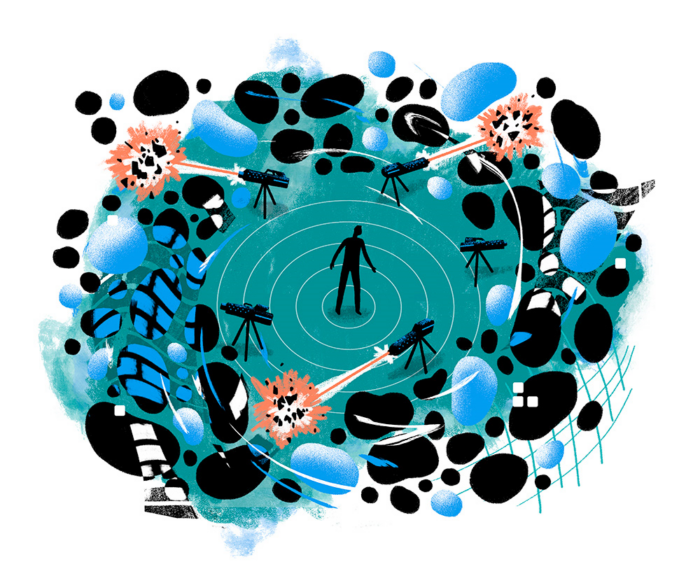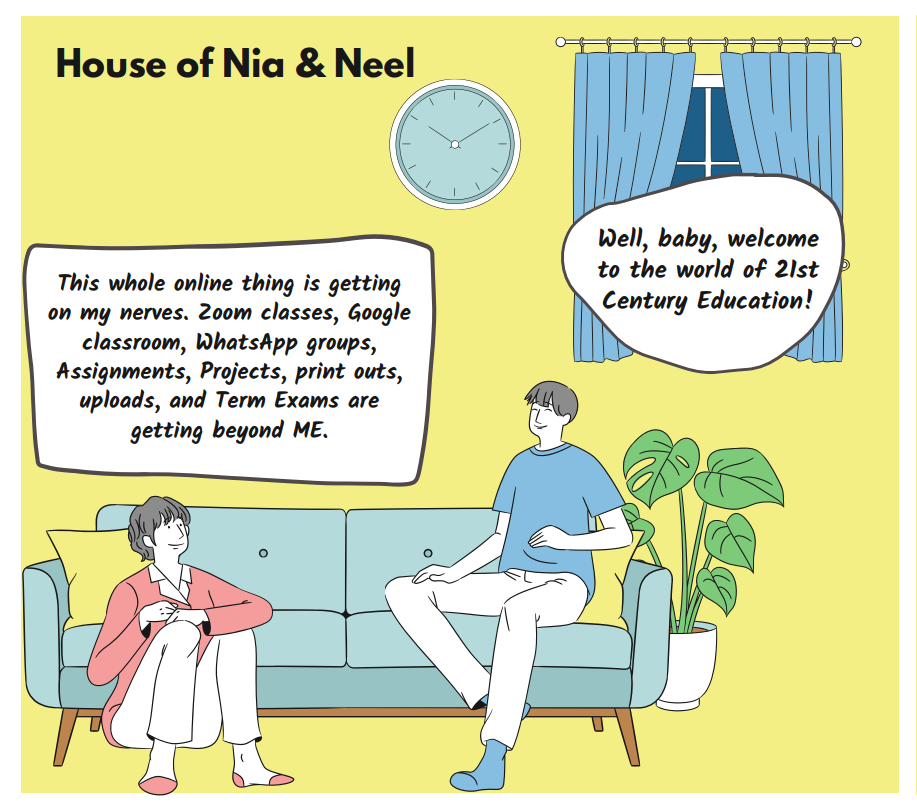Prism of Life
There are 144 posts filed in Prism of Life (this is page 1 of 14).
Discovering Your True-Self is a Lot Like Peeling Layers of Cognitive Tendencies

THE FOLK concept of true selves is implicit in the everyday talk about “who you really are,” “being yourself,” and “finding yourself.”
These phrases imply the existence of a fundamental layer of a person’s identity that defines them as an individual.
In fact, we’re often bombarded with the adage to “be yourself.”
Adam Grant wrote¹ in the New York Times that “we are in the Age of Authenticity, where ‘be yourself’ is the defining advice in life, love, and career.” A study² from 2011 found that in college commencement speeches, one of the most common messages was “Be True to Yourself.”
How to Create Amazing Memories Worth Cherishing

Try remembering the last movie you saw; how much of it can you recall?
Could you sit back, close your eyes, and recall in perfect detail every scene, every dialog?
Of course not.
So why do you assume you can do the same for the movie of your life?
Our real-life is nothing but a huge collection of random memories.
And fortunately or unfortunately, this collection of memories is easily prone to innumerable modifications thanks to both internal and external influences.
Multiple Variables for Your Success Are Beyond the Scope of Any Formula

Anyone selling you the recipe of the success formulae needs to be taken as seriously as any of those stock market forecasters seen on television because any formula for success that might work once stops working as soon as it becomes widely known.
Despite this, there is no dearth of people selling you the precise concoction of habits and behaviors that could guarantee you a definite success in any of the chosen fields.
Deconstructing Dopamine Fasting

Dopamine Fasting is an evidence-based technique to manage addictive behaviors. This is primarily achieved by restricting these addictive behaviors to specific periods of time while practicing fasting from impulsively engaging in them. The objective is to regain behavioral flexibility.
Dopamine fast is a method, based on cognitive behavioral therapy. It’s an attempt to make ourselves impervious to host of unhealthy stimuli — the texts, the notifications, the ringtones, the pings, — often considered an integral part of modern tech driven society.
Remarkable Lessons from the Amazing World of Dojo
Habit, Deliberate Practice & Excellence

Deliberate practice refers to a special type of practice that is purposeful and systematic. While regular practice might include mindless repetitions, deliberate practice requires focused attention and is conducted with the specific goal of improving performance.
The greatest challenge of deliberate practice is to remain focused. In the beginning, showing up is the most important thing. But after a while, we begin to carelessly overlook small errors and miss daily opportunities for improvement.
5 Reasons You Should Be Using “Time Blocking” As a Productivity Tool

Most people are terrible planners - and I don’t claim to be an exception by any stretch of the imagination. In fact, I used to be so bad at planning that I can be listed among a handful of rare people to have missed their flights on more than a couple of occasions.
After deliberately getting deep into the topic of planning disasters, I came to know that psychologists have a name for it - the planning fallacy.
The planning fallacy refers to…




